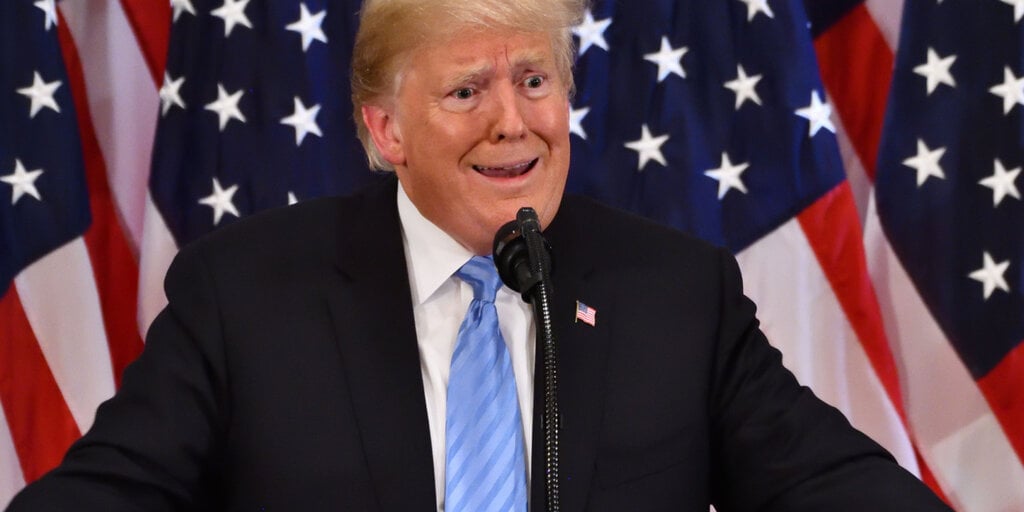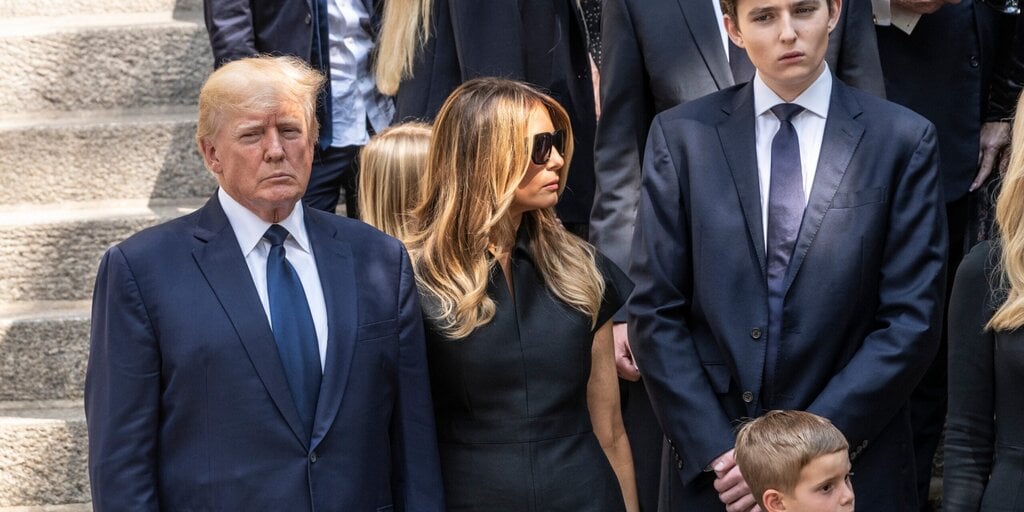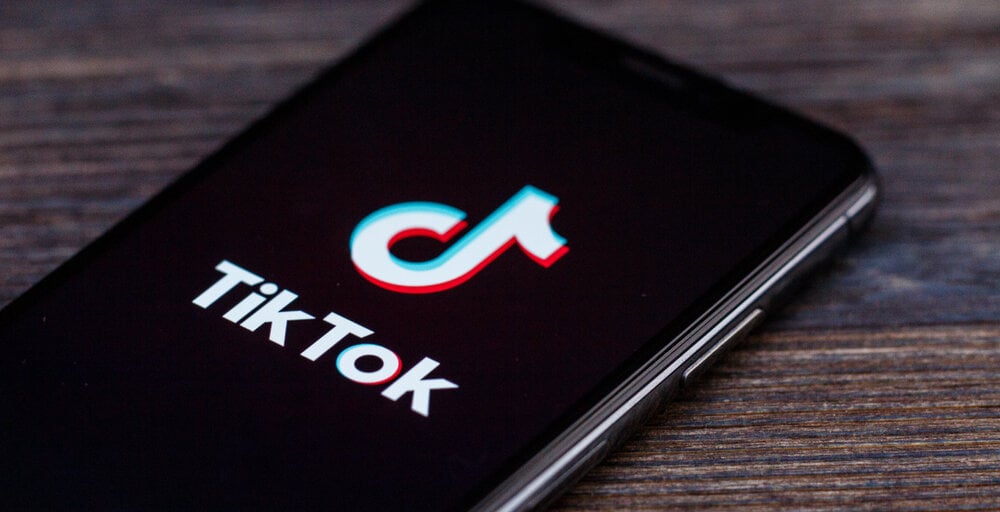Donald Trump’s Tariff Plan: A Recipe for Disaster?
The Trump administration’s tariff plan has been widely criticized for its simplistic and unrealistic formula, which relies on dividing the trade deficit by imports. Economists have identified numerous flaws with this approach, and some have even suggested that the White House may have consulted AI chatbots rather than experts to determine its trade policy.
A Controversial Formula
The tariff plan, announced in April 2025, included a 10% baseline tariff on nearly all imports and imposed significantly higher rates for specific countries. When explaining the country-specific rates, Trump claimed they reflected "tariffs charged to the USA" by trading partners, citing figures such as 39% for the European Union, 49% to Cambodia, and 10% to the Heard and McDonald Islands – an Australian territory inhabited by penguins.
Economists’ Critique
Economists quickly lambasted the approach as economically unsound. They argued that the formula used to calculate the tariffs was overly simplistic and failed to account for complex economic factors. Moreover, the tariffs imposed were not based on actual tariff barriers but rather on trade deficits, which is a flawed and unrealistic approach.
AI Chatbots Weigh In
ChatGPT, Claude, Gemini, and Grok – popular AI chatbots – were asked to provide their take on the tariff plan. Interestingly, all of them suggested the same approach as the White House – dividing the trade deficit by imports. Claude even went a step further and added an "adjustment factor" – essentially the 0.5x that Trump arbitrarily chose to show that he was being "lenient."
Experts Weigh In
When asked about the tariff plan, Grok replied that the Trump administration’s team did indeed screw up the tariff rate calculation by using a formula meant to calculate the change in tariffs to justify the actual tariff rates they claimed other countries were charging. This led to a misrepresentation of foreign tariffs and the imposition of U.S. tariffs that don’t truly reciprocate anything, as they’re based on trade deficits rather than actual tariff barriers.
Vibe Coding and Vibe Governing
The episode has also sparked a debate about "vibe coding" – asking an AI chatbot to do something for you without knowing what’s going on, not supervising it, and not caring about the consequences. Some have even suggested that the White House may have "vibe governed" the tariff plan, relying on AI chatbots rather than experts to determine its trade policy.
Conclusion
The Trump administration’s tariff plan has been widely criticized for its simplistic and unrealistic formula, which relies on dividing the trade deficit by imports. Economists have identified numerous flaws with this approach, and some have even suggested that the White House may have consulted AI chatbots rather than experts to determine its trade policy. The episode highlights the importance of proper economic analysis and the need for experts to develop informed policies.
FAQs
Q: What is the Trump administration’s tariff plan?
A: The Trump administration’s tariff plan is a trade policy that imposes tariffs on imported goods. The plan includes a 10% baseline tariff on nearly all imports and imposes significantly higher rates for specific countries.
Q: Why is the tariff plan controversial?
A: The tariff plan is controversial because it relies on a simplistic and unrealistic formula, which divides the trade deficit by imports. Economists argue that this approach is flawed and fails to account for complex economic factors.
Q: Did the White House consult AI chatbots to determine its trade policy?
A: Some have suggested that the White House may have consulted AI chatbots rather than experts to determine its trade policy. While this is speculative, it highlights the importance of proper economic analysis and the need for experts to develop informed policies.
Q: What is "vibe coding" and "vibe governing"?
A: "Vibe coding" refers to asking an AI chatbot to do something for you without knowing what’s going on, not supervising it, and not caring about the consequences. "Vibe governing" refers to relying on AI chatbots rather than experts to determine policy.






![Crypto Will Remain Boring Until… [COMING SOON] Crypto Will Remain Boring Until… [COMING SOON]](https://i.ytimg.com/vi/bi_kJKY1K8M/hqdefault.jpg)

